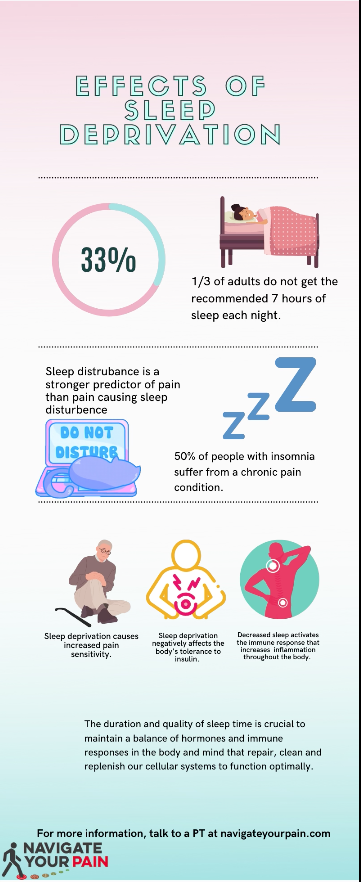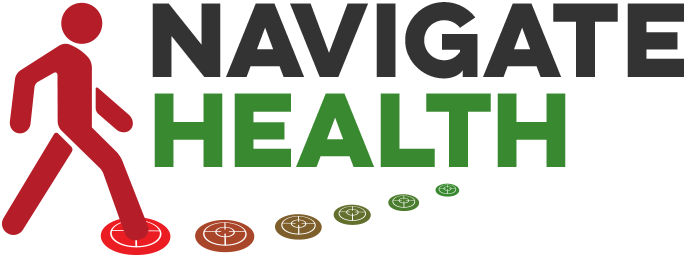
SNOOZE OR YOU LOSE!
Sleep is the principal driver of recovery – an essential element of optimal health. Sleep recovery isn’t just something that occurs when we crash into bed after a long day. In actuality, sleep recovery is most vital to the beginning of “tomorrow”. Sleep is our body’s opportunity to repair, recharge and prepare for the demands of the next day.
When we don’t sleep well enough or long enough we deprive the body of critical recovery time and begin the day under-recovered. While the occasional bad night of sleep is inevitable, we should strive to make these “off nights” outliers. Chronic sleep deprivation can have a severely negative impact on our health.![]()
Increased risks of dementia, cardiovascular disease and metabolic syndrome are only some of the effects of chronic sleep deprivation. One study found that individuals who regularly slept fewer than six hours per night were more likely to have excess body weight. Do you ever find yourself depending on snacks to get you through a sleepy day? When we don’t get a sufficient amount of sleep we are prone to an increase in ghrelin (the hunger hormone) and a decrease in leptin (the satiety hormone) – so we may feel hungry even when we’re not – and reaching for extra food that our body doesn’t need.
Another recent study found that middle-aged people who sleep less than six hours a night have a 30% increased risk of dementia. According to the National Sleep Foundation, adults between 18 and 64 years of age need seven to nine hours of sleep per night while adults over 65 need seven to eight hours in order to function properly. But no matter how old you are, you probably aren’t getting enough sleep – 35.2% of all adults in the U.S. report sleeping for less than an average of seven hours per night.
The duration and quality of sleep is crucial to maintaining a balance of hormones and immune responses in the body and mind that repair, clean and replenish our cellular systems to function optimally. Developing a good sleep hygiene program is one way to obtain the precious hours of sleep that elude many of us. How can you adjust your schedule and habits to ensure you are getting at least seven hours of sleep each night? Here are a few simple adjustments that can greatly improve your sleep quality and duration:
- Start by limiting caffeine intake after midday. Caffeine stays in your system for several hours after consumption, making it harder to fall asleep.
- Allocate more time for sleep. By giving yourself a larger window to rest you can increase your ability to get enough sleep.
- Make your room darker. Light tells the brain it is daytime and suppresses the hormones that help you sleep. TVs, laptops and cell phones are very stimulating sources of blue light. When the blue light sensors in your eyes are stimulated they trigger a response that suppresses sleep and promotes wakefulness. Try turning off all screens 30 minutes prior to bedtime.
- Avoid food and alcohol consumption within two hours of bedtime. Late-night eating and drinking is not only bad for your metabolism, but it also interferes with both falling asleep and maintaining deep sleep.
- Get out of bed when you’re not sleeping. Only using your bed for sleep will train your body to associate your bed with sleep. This will help you fall asleep more quickly – and in turn, give you more time to snooze!
No matter what techniques you employ, the bottom line is the same: sufficient sleep is essential. If you improve your sleep, you improve your recovery, and as a result, your overall health and longevity improve too. Stay tuned for our next blog post on sleep and pain!



